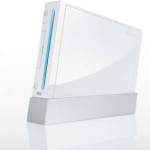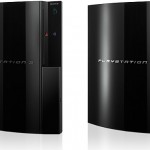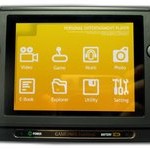Sony has strove to make PlayStation 3 (PS3) video game console to be the center of everybody’s home theatre entertainment. Other than playing games by gamers, PS3 can be used by anybody else in the family or friends to playback CD, DVD, BD (Blu-Ray) Video Disc, MPEG-4 (MP4), audio CD, photo disc, and many other media file formats. Not least iare free online multiplayer game playing via PlayStation Network, and the hardware that features hard disk drive (HDD), Wi-Fi and HDMI port.
Now PS3 has one more function added to the already long list – that’s cracking passwords. Crack passwords is not a ‘new’ activity in computing world, but what makes PlayStation 3 stands above the crowd is that it can crack passwords using ‘brute force’ attempt (wild guessing) faster than ever before, thanks to PS3 powerful Cell processor chip. The speed monster Cell CPU makes cracking passwords 100 times faster than the pace that Intel hardware is capable of.
Sydney Morning Herald reported that a security researcher named Nick Breese used a PS3 to crack supposedly strong eight-character passwords used to protect PDF documents, ZIP files, Lotus Notes ID, as well as those produced by Microsoft Office in hours instead of days typically, as demonstrated by previous attempts to crack such passwords took days to get the same result. A powerful Intel chip could crank through 10-15 million cycles per second. While the architecture of the Cell processor meant it could speed through 1.4 billion cycles per second. This speed boost was possible because each Cell chip had several processing cores – each one of which could be effectively trying passwords at the same time.
PlayStation 3 can also be used to break basic encryption schemes, Breese says, although widely used ciphers such as the 128-bit Secure Sockets Layer (SSL), used to protect online banking transactions, remain safe. “It’ll speed up the attacks but I can’t see that it’s broken,” he says. “(It) is still safe because the people implementing the ciphers foresaw CPU power rapidly increasing.” And, many other password types are handled more securely in software and remain unaffected by Breese’s claimed speed increase.








